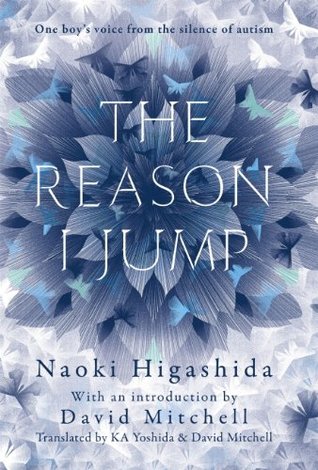More on this book
Community
Kindle Notes & Highlights
Read between
October 31 - November 1, 2024
The three characters used for the word ‘autism’ in Japanese signify ‘self’, ‘shut’ and ‘illness’. My imagination converts these characters into a prisoner locked up and forgotten inside a solitary confinement cell waiting for someone, anyone, to realise he or she is in there.
What we’re actually looking at is the other person’s voice. Voices may not be visible things, but we’re trying to listen to the other person with all of our sense organs. When
Criticizing people, winding them up, making idiots of them or fooling them doesn’t make people with autism laugh. What makes us smile from the inside is seeing something beautiful, or a memory that makes us laugh. This generally happens when there’s nobody watching us. And at night, on our own, we might burst out laughing underneath the duvet, or roar with laughter in an empty room … when we don’t need to think about other people or anything else, that’s when we wear our natural expressions.
When I see I’ve made a mistake, my mind shuts down. I cry, I scream, I make a huge fuss, and I just can’t think straight about anything any more. However tiny the mistake, for me it’s a massive deal, as if Heaven and Earth have been turned upside down. For example, when I pour water into a glass, I can’t stand it if I spill even a drop. It must be hard for you to understand why this could make me so unhappy. And even to me, I know really that it’s not such a big deal. But it’s almost impossible for me to keep my emotions contained. Once I’ve made a mistake, the fact of it starts rushing
...more
When I jump, I feel lighter, and I think the reason my body is drawn skywards is that the motion makes me want to change into a bird and fly off to some faraway place. But constrained both by ourselves and by the people around us, all we can do is tweet-tweet, flap our wings and hop around in a cage. Ah, if only I could just flap my wings and soar away, into the big blue yonder, over the hills and far away!
So I can well sympathize with those people with autism who prefer to wear the same clothes day in, day out. Clothes are like an extension of our bodies, an outer skin, and so the day-in, day-outers find it reassuring to stick to the same outfit. We feel obliged to do everything we can to protect ourselves against uncertainty, and wearing comfy clothes we like is one way of doing this.
Then, on the eighth day, this handsome young man appeared. He said to her, ‘Would you care to dance with me?’ With that, the girl stopped dancing. She said, ‘Thanks, but no. I’ve just discovered something more precious than dancing.’ Then, in a small house, they lived happily ever after.
Kids with autism do what we’re not supposed to do again and again, however many times you’ve told us not to. We understand what you’re telling us okay, but somehow we just repeat the sequence. This happens to me, too, and I’ve thought about how the sequence gets imprinted. First I do some action or other that I’m not allowed to; then something else happens as a result; and then I get told off for it; and last, my impulse to recreate this sequence trumps the knowledge that I’ve been told not to do it, and I end up doing it again.


